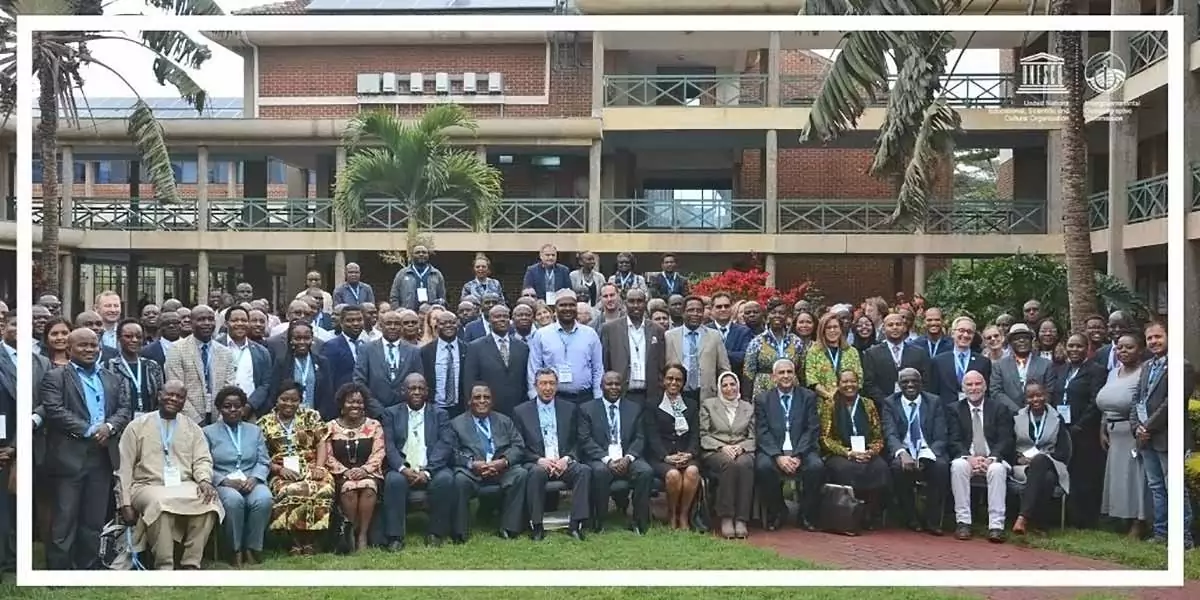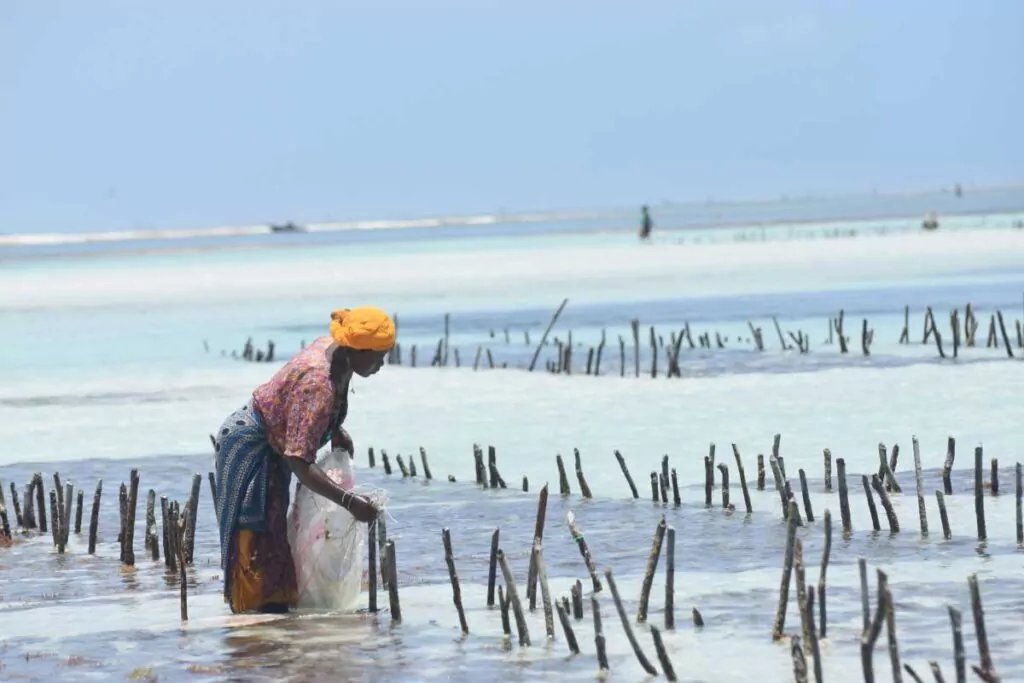Many coastal ecosystems worldwide are at a crossroad. The pace of environmental change is increasing, as is the rate at which we lose species in the terrestrial and marine realm. On the other hand, there is also more and more data relevant to the conservation and sustainable use of those ecosystems available. New technologies such as drones, underwater sensors and cameras, as well as citizen science efforts, deliver us a stream of data in near real-time. Two main issues arise from these developments: a) the need to store, analyse, visualise and integrate those large datasets and b) to create a culture in which data is readily shared with all stakeholders and understandable for decision makers.
During the “Regional workshop – Pan-African and Surrounding Island States – UN Decade of Ocean Science for Sustainable Development (2021-2030)” in Nairobi, Kenya, the team of the NeDiT project, together with partners from CORDIO East Africa and the Nairobi Convention, wanted to get expert opinions on the state and possible future developments of biodiversity data handling in Africa. Therefore, we conducted a workshop dedicated to marine biodiversity management as one of the side events during the meeting. Our aim was to find out a) What are the data needs for practitioners, policymakers and scientists?, b) What are enabling/hindering factors when it comes to data sharing? c) Which activities are needed to promote an improved handling and sharing of data?
When it comes to data needs the responses were surprisingly consistent. Reliable and good quality data which is delivered in an understandable fashion are one of the cornerstones of science-based policy making. Ideally the data should be generated, analysed and used following shared standards as well as openly shared. Key enabling factors in that regard were an increased collaboration among institutions and the formation of strategic partnerships while working on similar issues. There are new emerging technologies for big data analysis as well as data sharing, e.g. from insurance and software companies, which could be harnessed and modified to make sense of the bulk of biodiversity data. This would enable policymakers to identify patterns of change and integrate biodiversity data with key environmental parameters to be better able to predict shifts in ecosystem status or species occurrence. On larger scales, binding legal frameworks need to be implemented to foster a standardized biodiversity data collection and management. On the other hand, the expert participants of our workshop also identified several hindering factors to an open data sharing. The main issue which was mentioned were the inconsistencies in data formats and storage solutions among institutions. Data is collected on paper sheets, excel tables or other sophisticated archives. And those are not interoperable and compatible. Additionally, funded research projects do not necessary produce data which is useful for decisions or policymakers. This lack of exchange between researchers generating the data and potential end users can lead to misguided decision or an increase in effort and costs. On top, research projects are often designed as short-term efforts. Afterwards, the data is lost or not available or usable to practitioners and policymakers.
During a lively discussion, the participants also developed concrete steps that should be undertaken to address and mitigate the mentioned issues. As a first step, an inventory of information, institutions and policies already dealing with biodiversity data handling and management. Secondly, a community of experts should jointly develop suitable data handling and sharing protocols and policies. This includes the harmonisation of data and metadata standards, as well as best practices for the integration and analysis of biodiversity data. Data portals should also develop common protocols and interfaces to exchange data and streamline accessibility and interoperability of data. There is a range of initiatives already working on those topics, such as the FAIR (Findable, Accessible, Interoperable and Reusable) data principles and the CODATA research alliance. On a personal level incentives for sharing data should be developed, as well as strategies to create a culture more favorable to sharing biodiversity data. Another point which was repeatedly mentioned was the necessary capacity we need to develop, both technically and personally. This can include regional alliances to share the load on infrastructure, as well as standardized training courses on biodiversity data handling.
Overall, the side event was a great success and the constructive contributions gave us a good overview of the currents issues concerning biodiversity data management in East Africa. The collected data can be used to develop recommendations regarding a standardized collection, analysis, use and sharing of data related to marine biodiversity conservation and sustainable resource management. One of the next steps will also be to develop an online community platform for stakeholders and experts to continue the exchange on those pressing topics.


